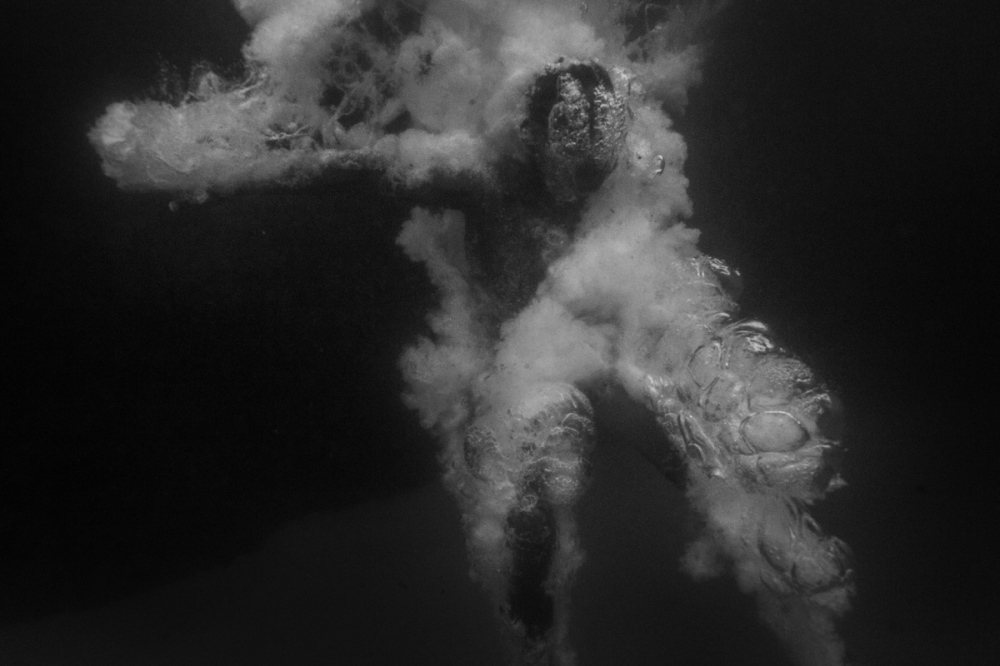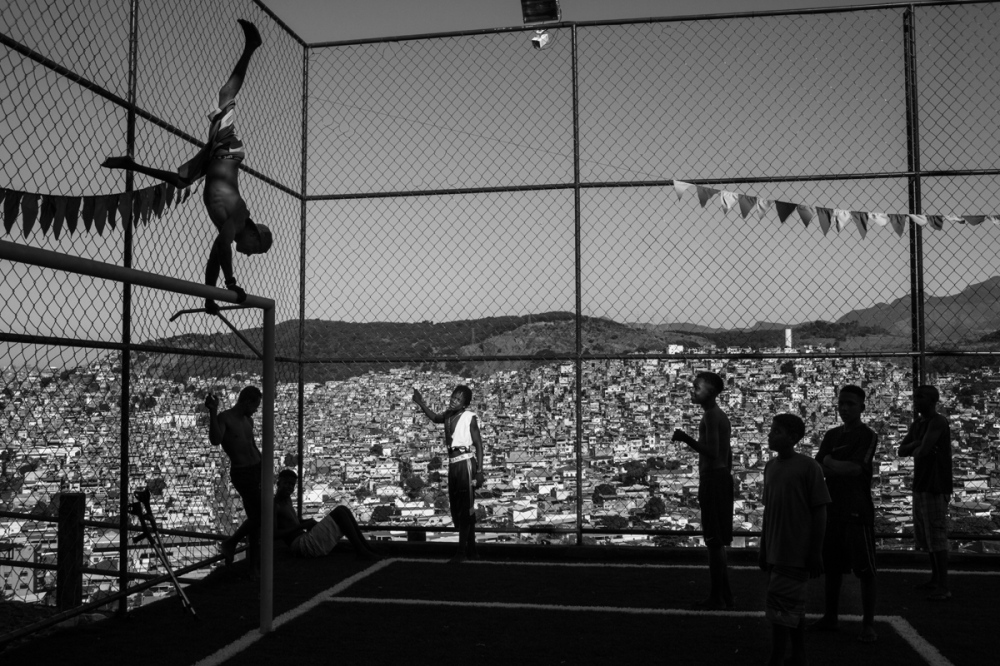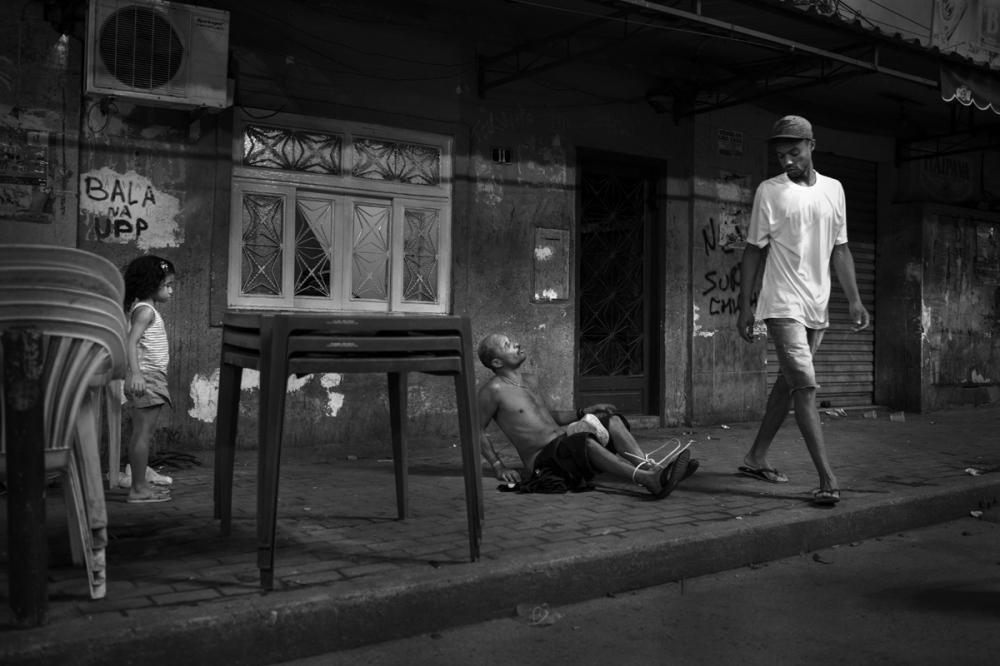> Pacification.
"An opportunity to leave this idea of the war on crime and drugs that resulted in so many causalities and didn't solve any problems, and engage a new model of public security wich prioritizes the diminishing of lethal violence by taking away the territorial control from the hands of the criminal groups"
- Ignacio Cano (Professor at Laboratory for the Analysis of Violence, State University of Rio de Janeiro.)
In preparation for the 2014 World Cup and 2016 Summer Olympics, Rio de Janeiro launched a security program called "Police Pacification Unit". UPPs are permanent police posts installed in the "favelas," the sprawling shantytowns that house most of the city's 1.2 million residents. Its mission is to take back state control over communities dominated by criminal groups.
While many believed the UPPs have helped to quell the violence and bring prosperity to the favelas, others saw the Pacification program as a temporary cover-up to Rio's problems with social disparity.































